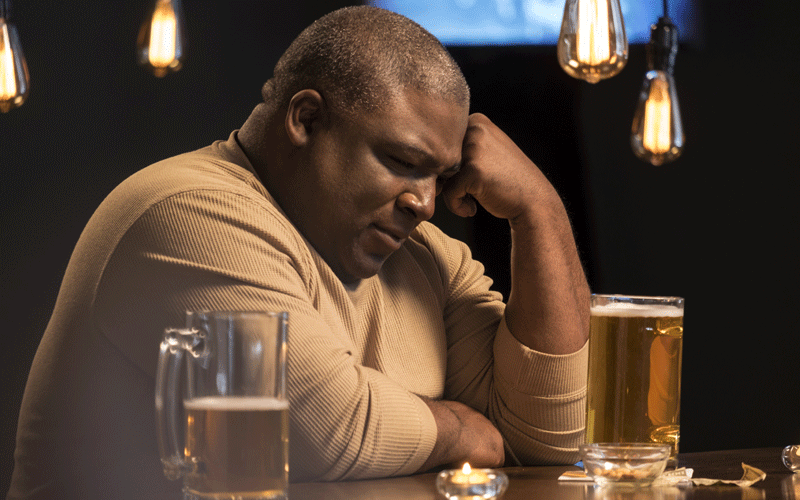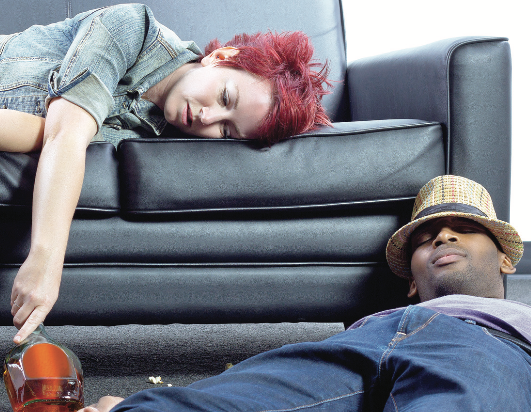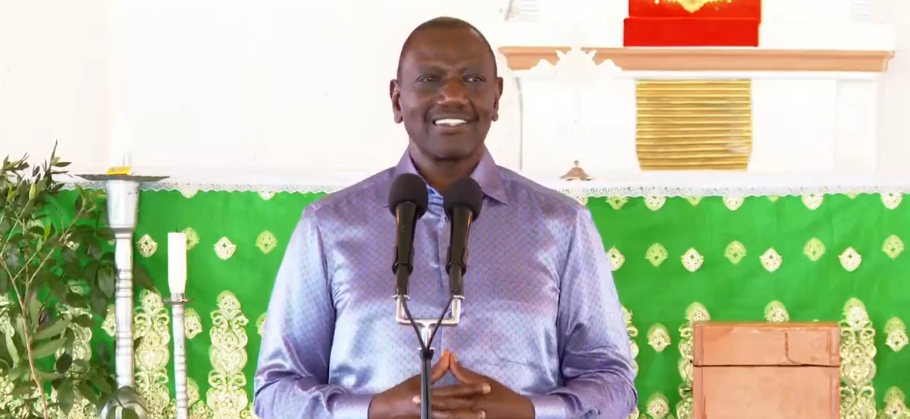Family shame and the glue that sticks it on

Do you watch as your loved ones impoverish themselves as they gamble, or drown in alcohol, or cheat over and over again and say it’s their path so they should follow it?
Harriet James @harriet86jim
About three years ago, on a hot Thursday afternoon in the month of March, Emily Kerubo discovered a shocking truth — her husband of five years was a gambler, something he had managed to keep under wraps for a long time.
“I thought things were okay until I heard that knock on the door. My husband told me that we were in serious debts because of gambling.
He had placed a bet he couldn’t finance. Auctioneers were sent to recover the money,” she recalls
Her husband worked in a local bank as a branch manager. He was paid well, had allowances that made them live comfortably.
So comfortable were they that Emily quit her job to take care of their two children. But for a year, she noticed a slight change.
The once responsible man was edgy, didn’t pay bills on time and every time she asked for money for household expenses, she would be met with anger.
He began coming home late and sometimes, didn’t come home at all. Sometimes, he would miss work and the office would call her to find out his whereabouts.
Embarrasing situation
He later lost his job. They moved from the leafy suburbs of Runda to Kariobangi South in a one-roomed house.
At one time, she received a call from a friend that he was spotted in town sleeping on the benches.
“It was so embarrassing as I never wanted anyone to know what was happening. He is a good man, but his addiction affected our marriage.
I had to pick him up. I hadn’t seen him for a week and he was smelly, his hair unkempt and he seemed distant,” she narrates
One of the most devastating moments in many people lives is when a loved one engages in a behaviour that would cause the family shame.
The family experiences mental, physical, and financial effects, which eventually results in frustrations, confusion as well as heart breaks.
According to psychological counsellor Elmard Rigan, while it is tempting and disheartening to leave a loved one at this hour of need, one should do their best to stick by their side.
“Every addicted person has someone who loves and cares for them. It’s disheartening to be hurt by their lies, burned by loaning them cash or broken when they don’t keep their word.
It feels like you are letting your guard down each time you assist them get back on their feet, but being close to them enables them to heal faster because at times, the addiction or shameful behaviour is a sign of an underlying issue,” he explains.
Other embarrassing situations include, substance abuse, affairs, among others.Experrts argue that shame doesn’t appear from nowhere.
It’s a form of conditioning that inhabits your mind, heart, body, and spirit.
Unpredictability of such a family member can cause a major rift, anxiety, emotional pain, miscommunication and misunderstanding in a way that damages the family foundation,” he adds.
This person can get unfocussed and distracted because their mind is solely on their addiction thus distabilising their careers, finances, relationships as well as destroy their health.
Having done all she could, Emily was tempted to call it quits in her marriage. It was tough living in a single room, having to share a toilet with her neighbours.
But she remembered that she had made a vow to be by her husband for better for worse and that’s what enabled her to fight for her husband’s sanity, to endure the shame brought by her husband’s addiction.
“I knew that I couldn’t fight this alone and had to involve his parents and his close brothers and sister.
He hated me for exposing him, but later on, thanked me because I saved his life.
We went to the licensing board and requested for his entry in casinos to be blocked.
We also spoke to him about going to rehab and being counselled, which he at first declined.
But later, he agreed he needed help,” Emily says.It took two years of relapsing and getting back to rehab before he was sober.
Experts say accepting responsibility for past actions and behaviours is critical if a person with addiction is to recover.
When you live in shame, you are constantly lying to yourself. You draw yourself into a trance that makes you believe you are inadequate, unworthy, and just plain wrong.
The truth? It’s just plain inaccurate. Find within you the courage to begin to open your heart.
Instead of being absorbed in shame, experience things—and people—with fresh eyes
To help in rebuilding family relationships during addiction recovery, many treatment facilities provide the opportunity for people to attend family therapy sessions.
The purpose of family sessions is to help one understand the way the addiction has affected the lives of the rest of the family.
“I never knew sticking with a loved one when recovering from an embarrassing behaviour could be one of the most difficult tests that one has to endure.
Slowly, trust is rebuilding in our home. Slowly, we are restructuring our boundaries,” she says.













